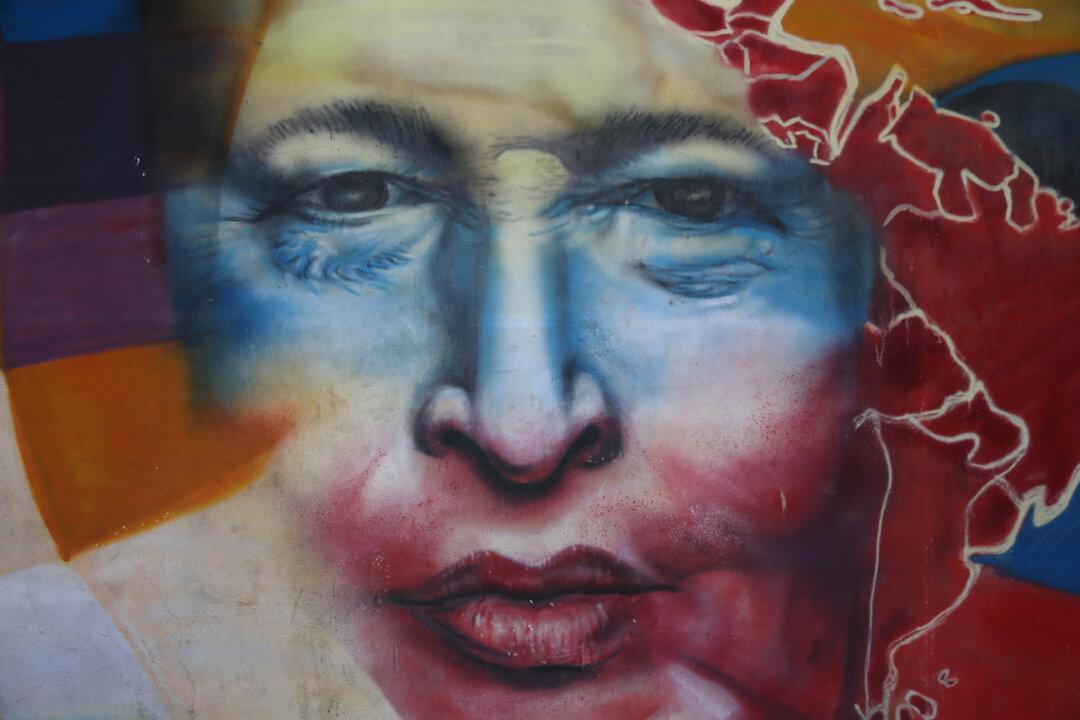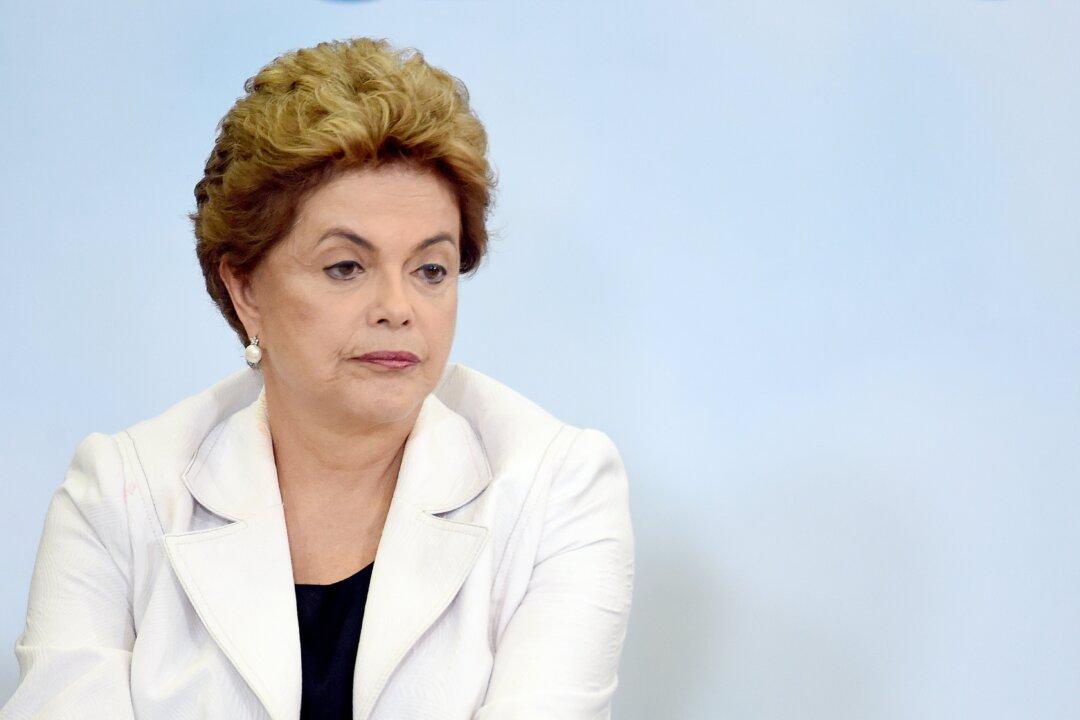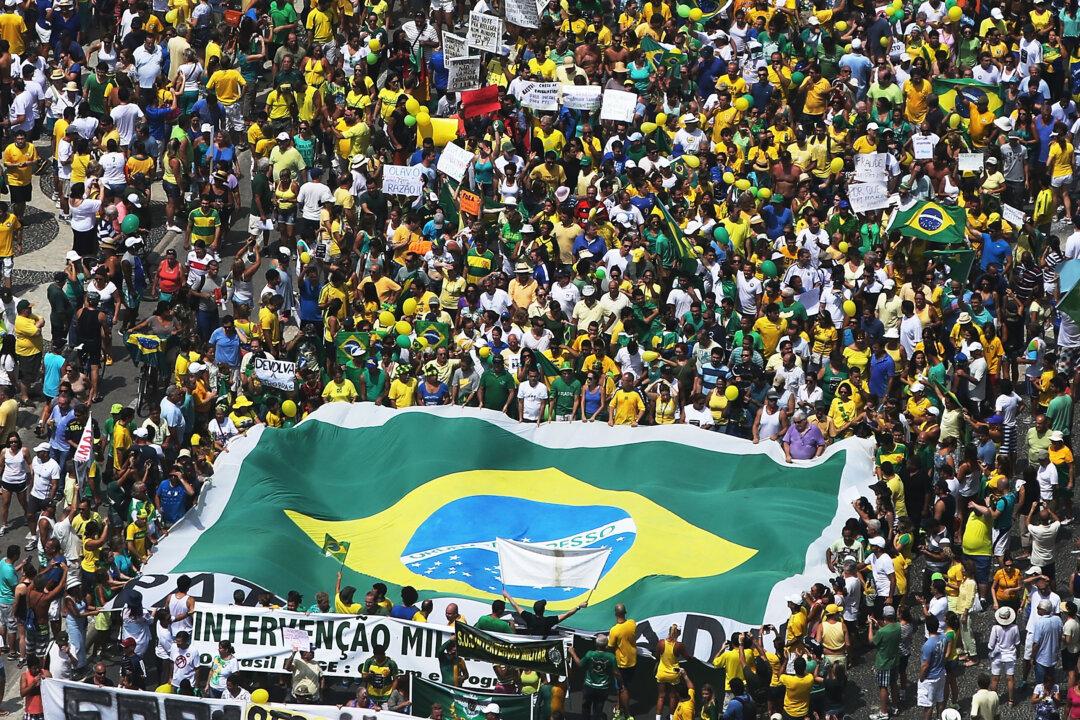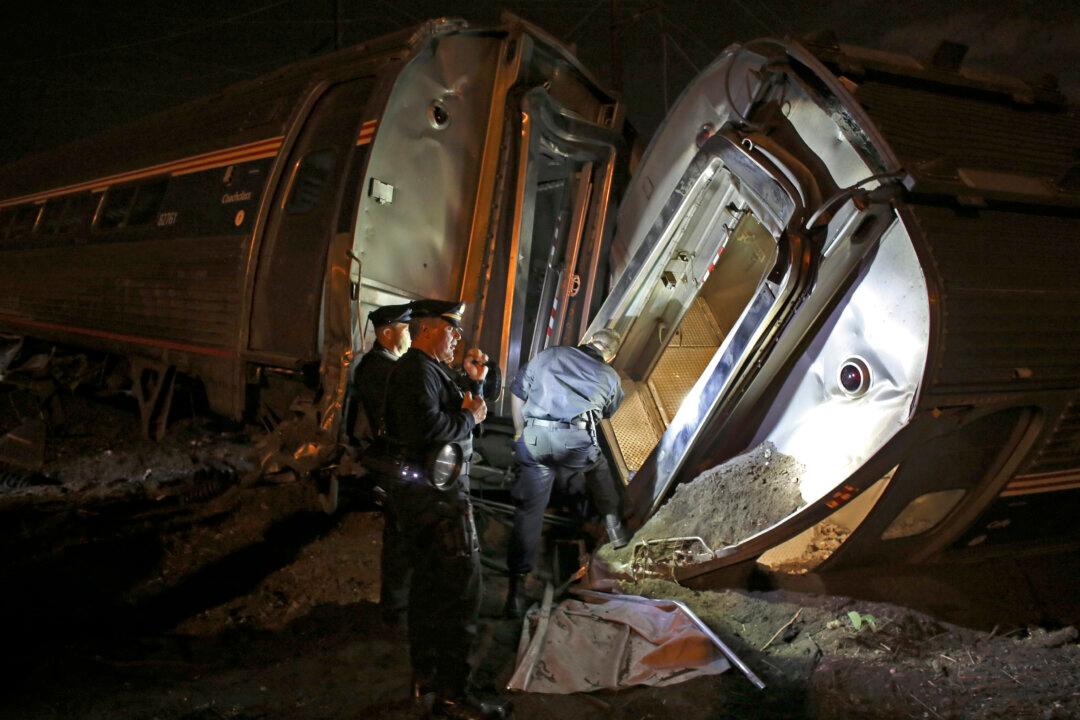Remember those funny commercials where the opera stars sing, “I have a structured settlement and I need cash now!”? Nicolás Maduro knows what they mean.
Hugo Chávez set up PetroCaribe a decade ago when he was flush with cash and eager to buy friends and influence for his oil-rich country and the “Chavista” brand of authoritarian populism he sought to export to the region.
PetroCaribe gave 18 Caribbean nations access to subsidized petroleum loans. Venezuela promised to finance up to 50 percent of the cost of the oil over a 25-year period.
PetroCaribe is all but dead, with Venezuela on the verge of bankruptcy.



